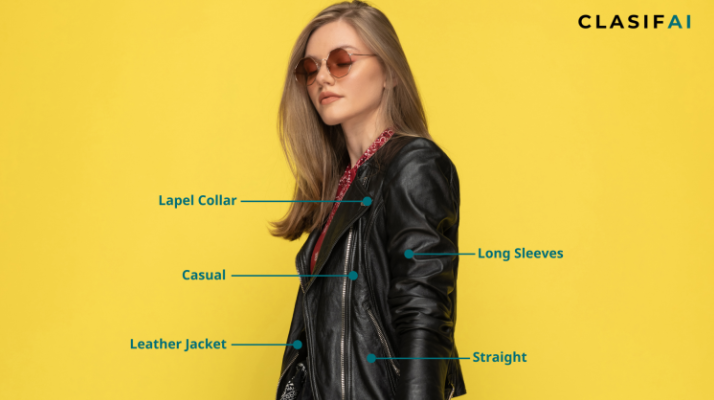
In the world of fashion, keeping track of products and their associated information is essential. Tags are a vital tool for labeling and sorting fashion products, but the manual process of assigning tags can be time-consuming and inefficient. Fortunately, advances in machine learning and artificial intelligence are making it possible to automate the tagging process in the fashion industry.
How are machine learning algorithms used to automate the tagging process?
Automated tagging in the fashion industry involves using machine learning algorithms to analyze images of products and assign relevant tags based on their visual characteristics. This technology is already being used by major e-commerce platforms such as ASOS and Zalando and is likely to become even more widespread in the coming years.
Advantages of Automated Tagging for the Fashion Industry
1. One significant advantage of automated tagging in the fashion industry is that it can save time and reduce costs. Manual tagging of each product can be a time-consuming and labor-intensive process, and automating this process can free up valuable resources for other tasks.
2. Another advantage of automated tagging is that it can be more accurate than manual tagging. Automated algorithms can analyze multiple visual characteristics of a product, such as color, texture, and pattern, to assign more accurate and relevant tags. This can help to improve the accuracy of product recommendations, search results, and other product-related information.
3. Automated tagging can also help to improve the customer experience by making it easier for customers to find the products they are looking for. With more accurate and consistent tags, search engines and product recommendations can return more relevant results, which can lead to higher customer satisfaction and engagement.
Challenges of Automated Tagging in the Fashion Industry
1. One of the biggest challenges of automated tagging in the fashion industry is the variability of the products themselves. Each product is unique and may have different visual characteristics that are difficult for algorithms to capture. However, with the development of more sophisticated machine learning algorithms, this challenge is becoming more manageable.
2. Another challenge is the need to ensure that the tags assigned are ethical and inclusive. Fashion brands must ensure that their automated tagging algorithms do not perpetuate harmful stereotypes or biases.
Future of Automated Tagging in the Fashion Industry
Overall, it is clear that the future of tagging in the fashion industry is automated. As machine learning algorithms continue to improve, we can expect to see more and more fashion brands adopting automated tagging solutions to help manage their product catalogs. And as this technology becomes more widespread, we can look forward to a more efficient, accurate, and inclusive fashion industry.
How ClasifAI help you in Automated Tagging?
ClasifAI is an AI-powered platform that provides automated tagging solutions for businesses. Its technology leverages machine learning algorithms to analyze visual content and automatically assign relevant tags to images. For businesses in the fashion industry, Clasifai offers a tailored solution that understands fashion-specific attributes, such as style, pattern, and material. This allows for more accurate and relevant tagging of fashion products, improving the accuracy and consistency of product information. Clasifai also offers customization features that allow fashion brands to train their algorithms to recognize brand-specific attributes, enabling them to tailor their automated tagging to their specific needs and preferences.
Overall, Clasifai's automated tagging solutions can help fashion brands streamline their product management processes, save time and resources, and improve the accuracy and consistency of their product information.
Conclusion
The future of tagging is automated, and this is especially true for the fashion industry. With the advancement of machine learning and artificial intelligence, automated tagging has become more accurate and efficient, which can save time and reduce costs for fashion brands. Additionally, automated tagging can improve the customer experience by providing more relevant search results and product recommendations. However, it is essential to ensure that automated tagging algorithms are ethical and inclusive to avoid perpetuating harmful stereotypes or biases. As the technology continues to develop, we can expect to see more fashion brands adopting automated tagging solutions, leading to a more organized, efficient, and inclusive fashion industry.

No comments yet